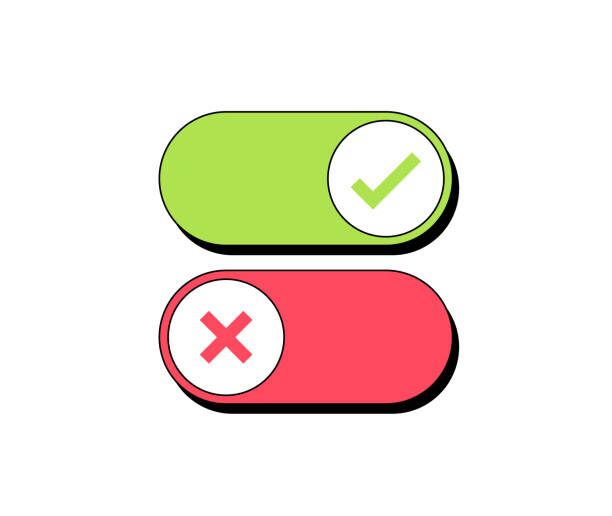In an era dominated by social media, constant connectivity, and the relentless influx of information, the mantra “FOMO” (Fear Of Missing Out) seems to guide many of our decisions. But what if there’s another way? An approach that revolves around the conscious choice of choosing not to participate. This not only applies to online activities but also to the myriad of opportunities and obligations that modern life presents us with. So, why is it necessary to choose not to participate?
Let’s see.

Understanding the Importance of Choice
Life is essentially a series of choices. From the trivial (e.g., “What should I have for breakfast?“) to the transformative (“Should I take this job?“). Our decisions craft the narrative of our existence. The freedom to choose is empowering, yet many of us often forget that sometimes the most potent choice is to step back and not engage.
Sheena Iyengar’s TED Talk on ‘The Art of Choosing’ elaborates on the psychology and implications of choice. She highlights that the mere act of making a choice, even when the alternatives are seemingly inconsequential, affects our feelings, thoughts, and actions.
The Overwhelm of Modern Living
The modern world brims with opportunities. And while this might sound like a privilege (and in many ways, it is), it also has its downsides:
- Information Overload: The constant barrage of notifications, emails, news, and updates can be mentally draining.
- Social Pressures: The drive to ‘keep up’ with peers, whether it’s attending every social gathering or staying updated with the latest trends.
- Burnout: An increasing number of people, particularly among younger generations, report feeling exhausted, both mentally and physically, from the relentless hustle of contemporary living.
Choosing Not to Participate as a Strategy
Here’s where the power of choosing not to participate comes into play. It’s a conscious decision to prioritize our mental and emotional well-being over societal pressures or self-imposed obligations.
- Mental Health Benefits: A study from Harvard Business Review emphasizes the importance of detaching from work for mental health. The same logic applies to other facets of life.
- Improved Productivity: Paradoxically, by opting out of certain tasks or activities, we can be more present and effective in others.
- Deepened Relationships: Choosing quality over quantity in social interactions can lead to more profound, meaningful connections.
Practical Ways to Opt-Out
Choosing not to participate doesn’t mean renouncing all responsibilities or living like a hermit. Instead, it’s about making mindful decisions about what truly serves your well-being and life goals. Here’s how:
- Digital Detox: Take regular breaks from screens. This includes smartphones, computers, and televisions. Check out Cal Newport’s ‘Digital Minimalism’ for strategies.
- Prioritize Activities: Understand that it’s okay to decline invitations if they don’t align with your current priorities or well-being.
- Overcome Fatigue: Use methods and techniques to overcome fatigue and recharge your batteries.
- Time Management: Allocate dedicated time blocks for relaxation and activities you genuinely enjoy. Refer to the Pomodoro Technique to enhance productivity by incorporating breaks.
- Seek Solitude: Find moments of solitude to reflect and rejuvenate. A study from the University of Rochester points out the advantages of solitary time in enhancing one’s emotional well-being.
Why Is It Necessary to Choose Not to Participate: Conclusion
To conclude, in a world that often equates busyness with productivity and success, it’s revolutionary to make a stand and say, “I choose not to participate.” This isn’t a sign of weakness, apathy, or indifference. It’s a profound recognition of one’s limits, and desires, and the understanding that by saying no to certain things, we’re actually saying a more profound yes to others.
Embrace the power of non-participation. It might just be the ticket to a more balanced, fulfilled, and purposeful life. Remember, it’s not about missing out; it’s about opting into what truly matters.